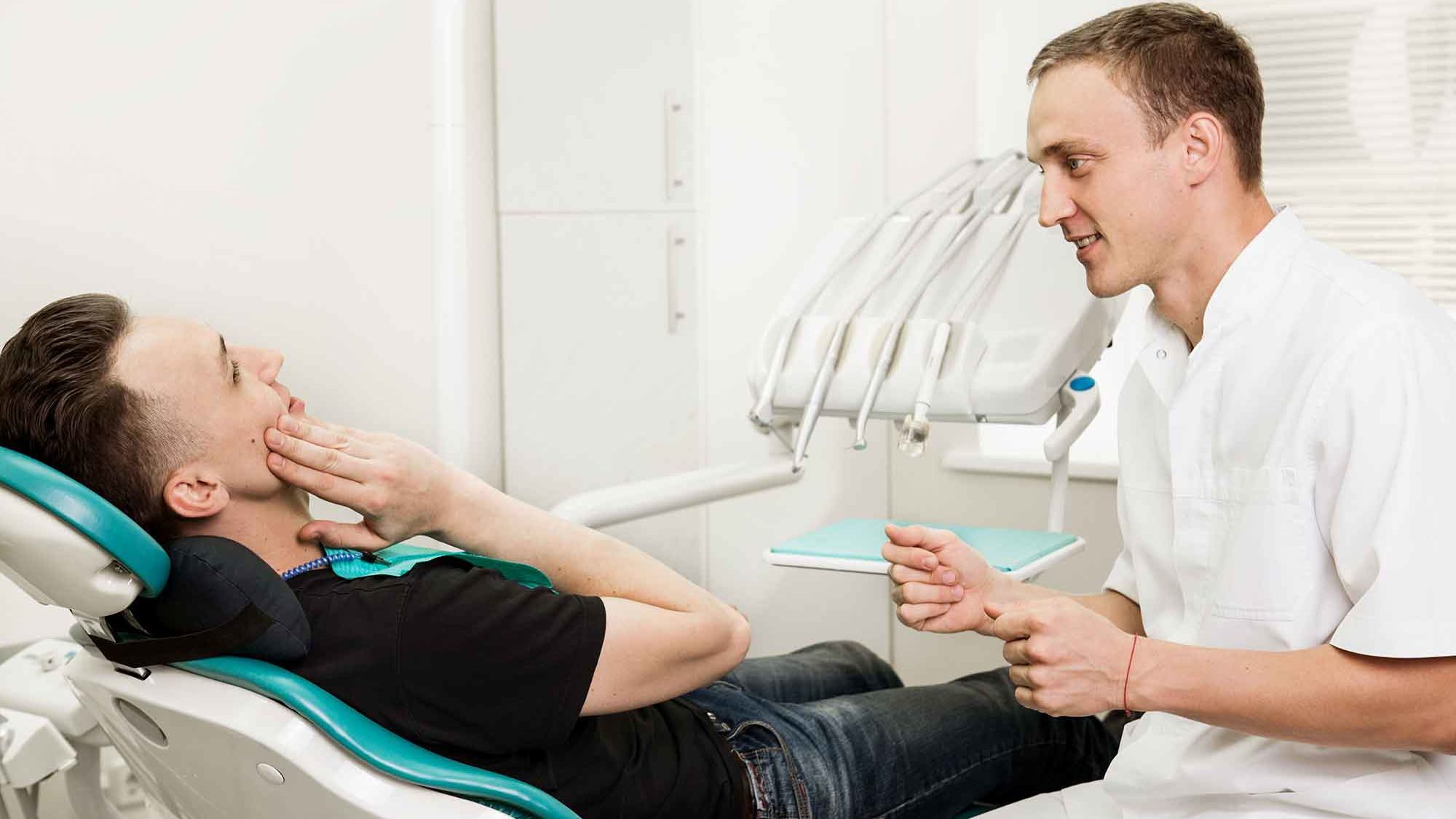Follow Dentistry.co.uk on Instagram to keep up with all the latest dental news and trends.
 Lynne Clark speaks to Barry Oulton about how practice leaders can begin rebuilding relationships with their patients after lockdown.
Lynne Clark speaks to Barry Oulton about how practice leaders can begin rebuilding relationships with their patients after lockdown.
For months dentists were unable to see their patients. Many have been concerned about how this could affect the relationships they so carefully cultivated.
We’re all familiar with how important those relationships are for building loyalty, growing your business and, of course, avoiding complaints.
To find out how practices can begin rebuilding their connection with their patients, I spoke to Barry.
What impact do you think COVID-19 has had on private practices’ relationships with patients?
Barry: I can answer this from my own experience of being in private practice.
I believe there has been little impact on my relationships with my patients. In fact it may well have strengthened them to a degree.
Why? Firstly, our practice was in contact with most of our patients during the lockdown via email and Facebook.
My practice manager and I triaged all calls and responded usually within an hour with the AAA advice.
Secondly, I personally called each patient when I returned to work on Monday 8 June to follow up.
I used the red, amber, green (RAG) scale for prioritising those we triaged. So that we could bring those emergency patients in for a non-AGP assessment.
My patients have been wonderful in their response to my phone calls. Not wanting to ‘bother’ me and only seeking assistance if they felt they really needed it.
On the flip side, if a practice has not been nurturing those relationships, communicating with their patients and supporting them, then I can assume this may damage the goodwill they have.
In short, those who handle the communication correctly will increase the trust, the loyalty and the love/care. If they handle this incorrectly, it could ruin the patient base, loyalty and trust.
There is still time to build on those relationships during the next three months.
I encourage all team members to think of each and every patient as essential to their future success.
No one judges us on our composites. They judge us on our communication, how we made them feel and the quality of our patient journey
What key things can practices do now they’ve reopened to rebuild those relationships?
Barry: Practices need to communicate clearly and put patient concerns at the very heart of that. A key message is: ‘We will keep you safe’.
Assess your different patients’ concerns and levels of contact that they want; some will want a lot of reassurance, others won’t want any.
Some patients have enough trust already, others need to have more trust in you. You can find out where a patient sits in this continuum by asking the right questions.
Be in rapport, even in PPE.
Offer face-to-face Zoom meetings to ensure they remember there’s someone human underneath the PPE. Consider creating short, informative and ‘human touch’ videos that focus on the benefits of what you are doing for your patients
How can you still build rapport in a virtual consultation?
Barry: Remember that rapport is created by being similar to the person you are communicating with. Thus, on a Zoom call you can build rapport with your words, tonality and your physiology.
You will all have had an experience when you were speaking to someone who was very different in their tone to yours.
For example, a quietly spoken person does not respond well to, or even like, a loud bullish person. Be more like your patient, they will subconsciously appreciate you more.
In addition to this, show some empathy and genuine interest in your patient. Find out more about them personally. This can come up later in the conversation or in future communications.
What messages should practices communicate to patients in this post-COVID situation?
Barry: The key messages are: reassurance, leadership, care, connection.
I’m a massive fan of Cloé Madanes and her six human needs psychology model.
Some people have a high requirement for certainty. They need to know what isn’t changing much more than focusing on what is changing.
It’s obviously important to inform patients about what is different in your practice.
However, let them know that it’s still the same people looking after them and the same treatments. It’s just provided in a different way to protect everyone.
Let your patients know how important they are and that you have gratitude for their business. Because they are and we, as a profession, should be grateful.
Reassure them that this won’t last forever. That you, as a team, are focused on providing the highest level of care, comfort and safety as possible.
Dr Barry Oulton is a practising dentist with over 25 years’ experience and lead clinician at the award-winning Haslemere Dental Centre. Barry is also a master of neuro linguistic programming (NLP) and hypnotherapy and runs the ‘The Confident Dentist Academy’, which was created to help dental professionals learn effective communication skills, selling with integrity so they can have more impact and make a bigger difference, both professionally and personally.


